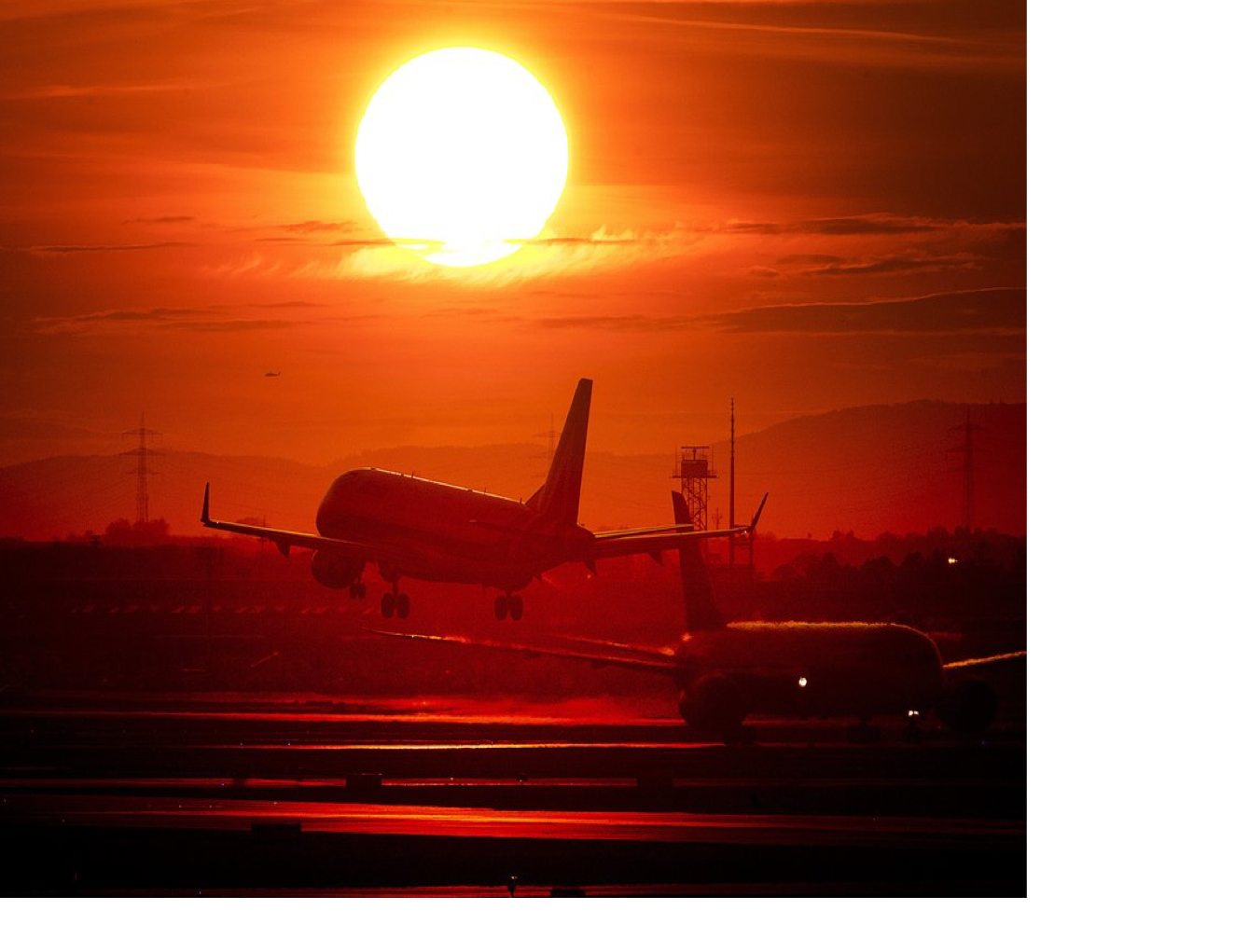Climate change has rightly been the center of many debates and national news particularly in the recent weeks. It’s about time. Several news agencies report that climate change makes monster hurricanes like Dorian more dangerous; the Democratic candidates are unveiling climate proposals and President Trump is talking about rolling back climate change regulations.
As a travel consultant, I am the first to admit that the travel industry plays a major role in contributing to climate change. In the words of Native Energy, a Public Benefit Corporation, “When you use energy or products manufactured with fossil fuels, you generate carbon dioxide and other greenhouse gas emissions that contribute to climate change. The combination of emissions caused by your home, transportation, and daily life is known as your “carbon footprint.”
In January 2017, some scientific agencies around the world, including NASA, called 2016 the warmest year recorded. The past five years are, collectively, the warmest years in the modern record, according to a recent Nasa Global Warming report.

Photo Credit: NASA Global Climate Change
Travel and Tourism industry’s report shows that in 2018 alone, airlines carried 4.3 billion passengers in 2018 worldwide. Aviation accounts for about 2 percent of global greenhouse gas emissions, which is a growing trend.
Luckily when it comes to carbon footprints and “flight shame”, an individual and even corporations can buy Carbon Offsets to mitigate emissions.
You can buy your Carbon Offset certificate paying on top of your ticket and the money goes to clean energy (low carbon) or renewable energy projects elsewhere in the world. These projects include installing solar panels and renewable energy construction, reforestation and building or handing clean cooking stoves to rural areas. Typically, offsets provide much needed employment, biodiversity, healthcare advancement and other social benefits to impoverished communities.

Photo Credit: AP News
Some US airlines like United, JetBlue and Delta offer offsets to their customers. Offsets can also be purchased through other organizations like Terrapass, Cool Effect, Native Energy, Green Mountain Energy, ClearSky and Sustainable Travel International.
according to Forest Trends Association, Offsetting prices vary from 10 cents per ton of carbon dioxide to more than $70, depending on the offset provider, (there are many out there) and the project being funded, which provides data on voluntary carbon markets.
Reducing your footprint is not limited to air travel. You can use the same concept when going on your next ocean cruise, particularly on a mass market cruise carrying over 1000 passengers.
Unfortunately, some of the major players in the world, including the United States, are very reluctant to take drastic steps to reduce global warming. The choices we make every day, including the type of food we consume (eat less red meat or no red meat at all), how much we consume and how much trash we create can affect the environment and our planet adversely.
We can NOT rely on our government to fight this monumental problem.
It’s up to each and every one of us to take responsible steps. So, buy your offsets and more importantly, educate yourself about what you can do to fight climate change. Let’s do it for our children and grandchildren. This beautiful planet was passed down to us in a relatively good shape. Let’s keep it going.

